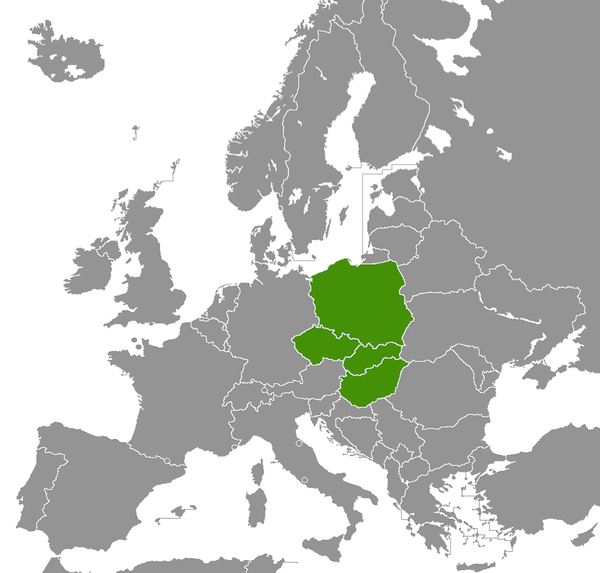
The “Roma card” in domestic politics
Debates on Roma communities have resurfaced regionally, amid controversy in Hungary, policy debates in Slovenia and politicization in Czechia, Slovakia.
A collection of 104 posts

Debates on Roma communities have resurfaced regionally, amid controversy in Hungary, policy debates in Slovenia and politicization in Czechia, Slovakia.

Administrative interventions are used to curb inflation in numerous CEE countries, with Hungary adopting the most market‑interfering measures.

Germany’s trade with Central and Eastern Europe rose EUR 5.4bn to EUR 275bn in the first half of 2025, led by a surge in exports to Poland, Ukraine and Slovenia.
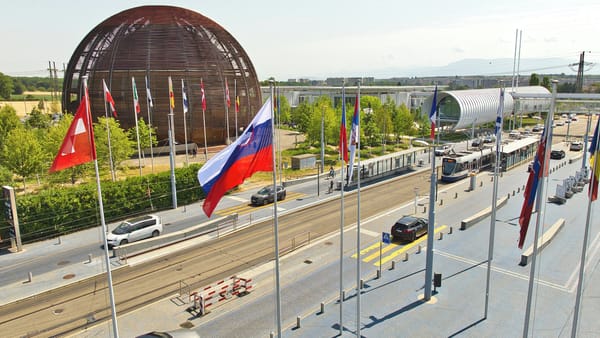
Slovenia has more than doubled its public R&D spending in a decade, to nearly 0.9 % of GDP, the highest share in CEE, an Erste Bank Research report published on 6 August found.
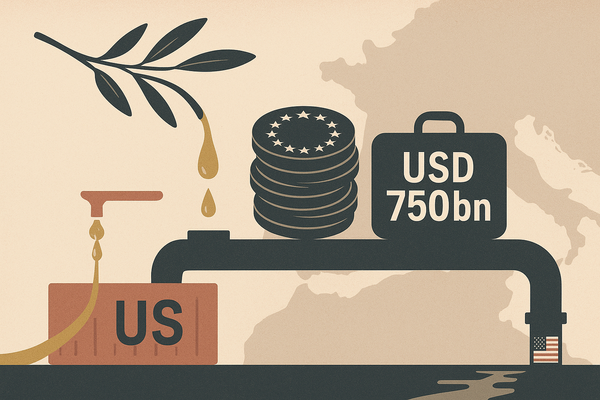
The World Bank forecasts regional growth of 3.1% in 2025, and finance ministries say cushioning the tariff shock will be essential to meeting that target. However, regional industry groups are warning of mounting pressure on Balkan economies.
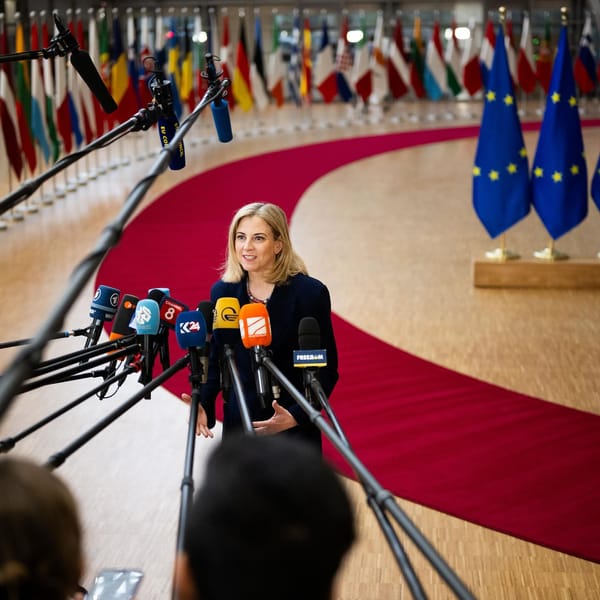
Finland and Sweden abandoned their long-standing neutrality and joined NATO in 2023 and 2024 respectively, citing heightened security threats from Russia. Austria, bordered by NATO members Czechia, Slovakia, Hungary and Slovenia, is increasingly the odd one out in Central Europe’s defence landscape.
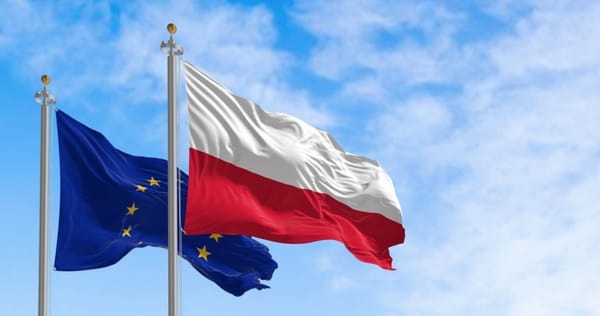
The European Commission (EC) published long-term budget allocation plans on 17 July, showing Poland set to receive the highest national allocation under the 2028-34 Multiannual Financial Framework (MFF), totalling EUR 123.3bn.
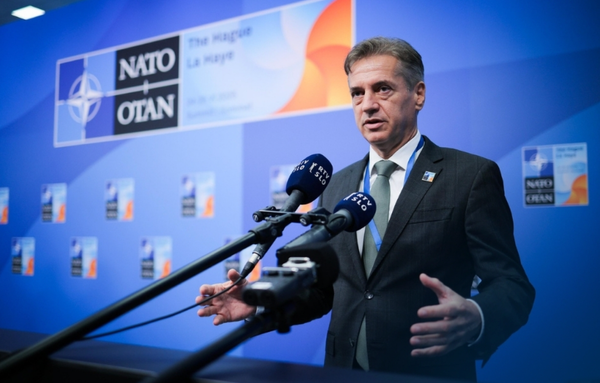
The Slovenian referendum cancellations should stabilise Golob’s coalition, ahead of national elections in 2026. However, the episode reflects wider unease across CEE, as rising military costs challenge domestic politics and expose diverging visions of NATO’s future.
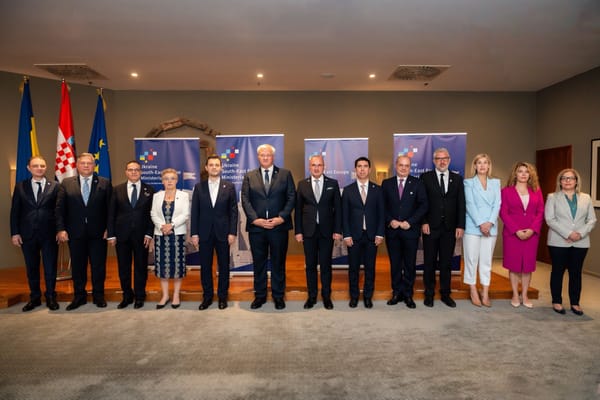
Serbia and Bulgaria did not sign the Dubrovnik declaration. Serbian President Aleksandar Vucic has maintained a policy of strategic ambiguity regarding NATO, while Bulgarian President Rumen Radev has voiced concerns about deepening military support for Ukraine.
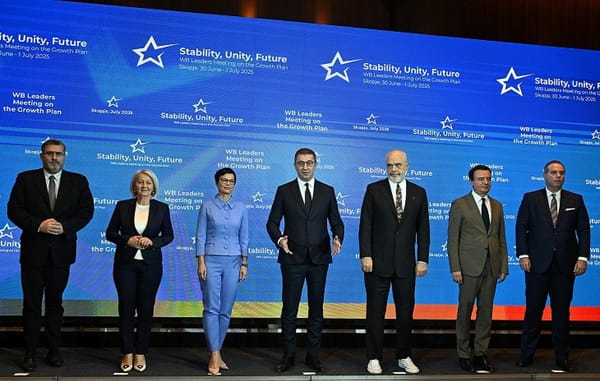
Albania is expected to have opened all the EU accession negotiation clusters by September, EU Enlargement Commissioner Marta Kos said on 1 July at a Western Balkans leaders’ meeting in Skopje, North Macedonia.
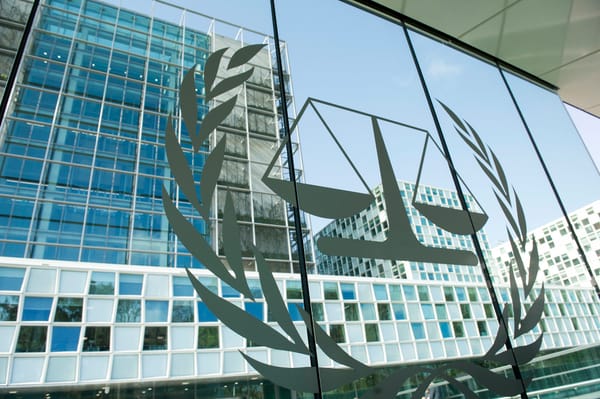
The withdrawal will take legal effect on 2 June 2026, making Hungary the first EU member state to exit the Rome Statute, which underpins the ICC’s jurisdiction to prosecute war crimes, crimes against humanity, and genocide.

Hungary has now fallen to the lowest position in the EU for actual individual consumption (AIC), despite its starting position ahead of several regional peers two decades ago.
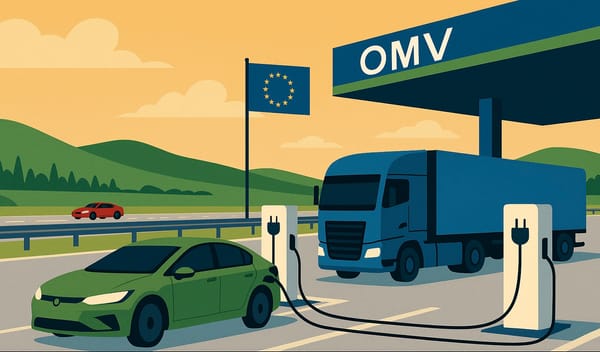
In a new step in the cleaner transport transition, OMV Petrom has inaugurated Romania's largest electric vehicle (EV) hub with 34 charging points of up to 400kW on the A1 motorway near Miercurea Sibiului, central Romania. The site is located on the Rhine-Danube Corridor - one of Romania’

Workers in Central and Eastern Europe (CEE) enjoy some of the lowest personal income tax rates in Europe, with Slovakia and Poland the outliers for individuals and families, according to a new Organisation for Economic Co-operation and Development (OECD) report. The OECD Taxing Wages 2025 report analysed tax data and

The EU’s employment rate reached a record high of 70.9% in the fourth quarter of 2024, according to the Organisation for Economic Co-operation and Development (OECD). But while this marks a major milestone for the bloc, the picture in Central and Eastern Europe (CEE) is more complex, as